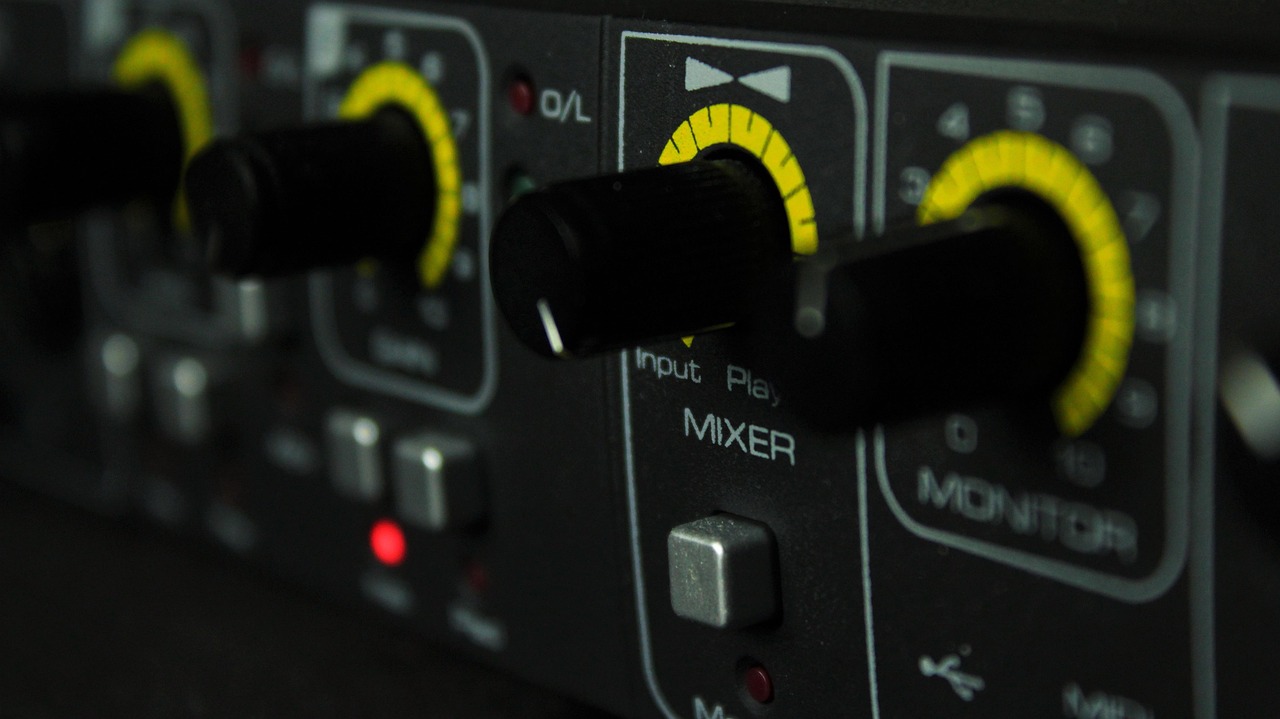Practice Regularly: The Key to Mastery in Music Production
As a musician or music producer, consistently practicing your craft is crucial for growth and development. Whether you're laying down a track, refining your recording techniques, or studying music history, regular practice can significantly boost your skills and confidence. This article will explore the importance of practice in music production and offer actionable tips to make the most of your time in the studio.
Why Regular Practice is Essential in Music Production
Regular practice is vital for harnessing your creative potential. Here’s why:
- Skill Development: Practicing regularly helps you master the tools of your trade, from digital audio workstations (DAWs) to recording equipment.
- Increased Creativity: The more you practice, the more you understand your own sound and style, leading to greater creativity.
- Technical Proficiency: Understanding the nuances of recording techniques enhances the overall quality of your music.
- Memory Retention: Regular engagement with music theory and production techniques reinforces your knowledge and skills.
Defining Regular Practice in Music Production
Regular practice in music production can be defined as the consistent and deliberate effort to improve one's skills and understanding of music creation. This involves not just playing instruments or creating beats, but also experimenting with different techniques, studying music theory, and analyzing recordings.
Step-by-Step Guide to Effective Practice
To maximize your practice sessions, consider the following structured approach:
- Set Clear Goals: Define what you want to achieve. Are you focusing on songwriting, mixing, or sound design?
- Create a Schedule: Dedicate specific times for practice each week. Consistency is key.
- Focus on Technique: Allocate time to hone specific skills, such as beat-making or vocal recording.
- Experiment: Use your practice time to try out new techniques or genres. Don't be afraid to step outside your comfort zone.
- Record Yourself: Listening back to your sessions helps identify areas of improvement and track your progress.
- Seek Feedback: Share your work with fellow musicians or mentors to gain constructive insights.
- Review Regularly: At the end of each week or month, assess your progress and adjust your goals as necessary.
FAQs About Practicing in Music Production
1. How long should I practice each day?
Aim for at least 30 minutes to 1 hour of focused practice daily. Even short sessions can be highly effective if done consistently.
2. What should I focus on during my practice sessions?
Focus on areas that challenge you, whether it's learning new software, understanding mixing techniques, or improving your songwriting skills.
3. How can I keep my practice sessions engaging?
Incorporate variety by working on different aspects of production, exploring new genres, or collaborating with other musicians to keep things fresh and exciting.
4. Is it better to practice alone or with others?
Both approaches have benefits. Practicing alone allows for focused skill development, while practicing with others can provide feedback and inspire creativity.
5. How can I track my progress?
Use a journal to document your goals and achievements. Recording your sessions will also let you hear your growth over time.
Conclusion
In the world of music production, regular practice is not just advantageous; it's essential. By setting clear goals, scheduling consistent practice sessions, and constantly challenging yourself, you will cultivate your skills and artistry. Don't hesitate to engage with your fellow musicians, share your journey, and adapt your techniques. We encourage you to try these steps and share your experiences or questions in the comments below!
Happy practicing! Your next great track is just a session away.


